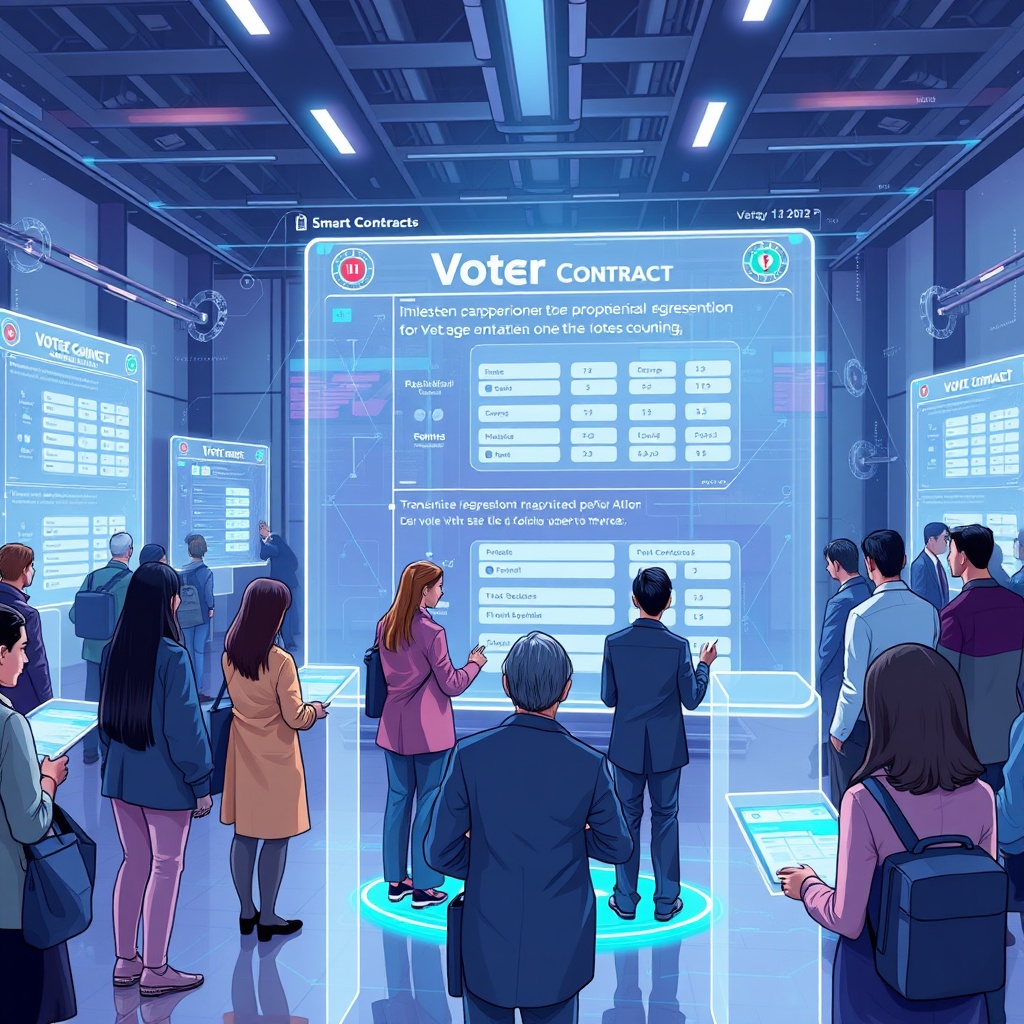Understanding the Challenge of Traditional Voting Systems
Traditional voting systems often struggle with issues such as voter disenfranchisement, lack of transparency, and electoral fraud. These problems can undermine public trust in democratic processes and lead to skewed results that do not accurately represent the will of the people. As technology evolves, so do the solutions available to address these challenges. Smart contracts, powered by blockchain technology, present a compelling alternative that promises to enhance the integrity and efficiency of voting systems.
The Mechanics of Smart Contract-Based Voting
Implementing a smart contract-based voting system allows for automated and secure electoral processes. By using blockchain, every vote is recorded as a transaction that is immutable and transparent. This not only ensures the integrity of the votes cast but also allows for real-time auditing and verification.
In a proportional representation voting system, voters can express their preferences for multiple candidates or parties, and the results are calculated to reflect the overall sentiment of the electorate. Smart contracts can facilitate this by automatically tallying votes based on predefined algorithms, ensuring that each vote is counted accurately and fairly.
Benefits of Smart Contract-Based Voting Systems
Smart contract-based voting systems offer numerous advantages over traditional methods. Here is a succinct overview of the key benefits:
- Enhanced Security: The decentralized nature of blockchain significantly reduces the risk of hacking or tampering.
- Increased Transparency: All transactions (votes) are recorded publicly, allowing for independent verification.
- Accessibility: Voters can participate from anywhere in the world, broadening the pool of participants.
- Cost Efficiency: Reduces administrative costs associated with traditional voting methods.
As we move towards more digitally integrated societies, the adoption of smart contract-based voting systems could pave the way for a more engaged electorate and a more representative democracy.





